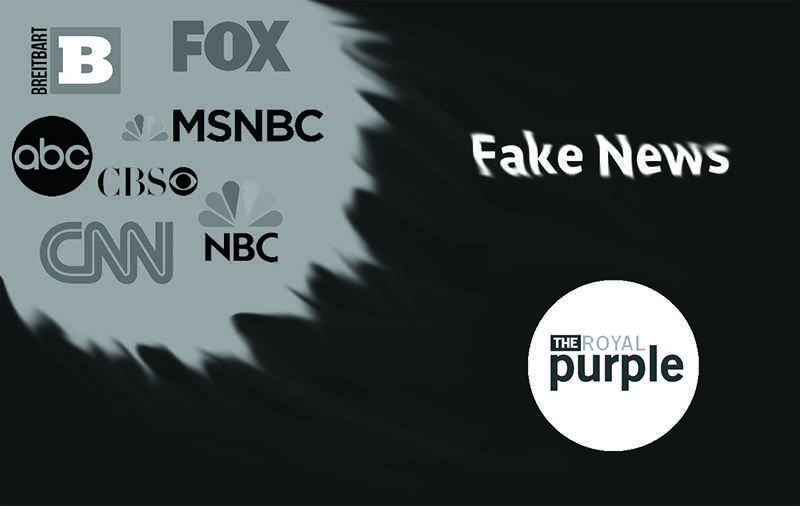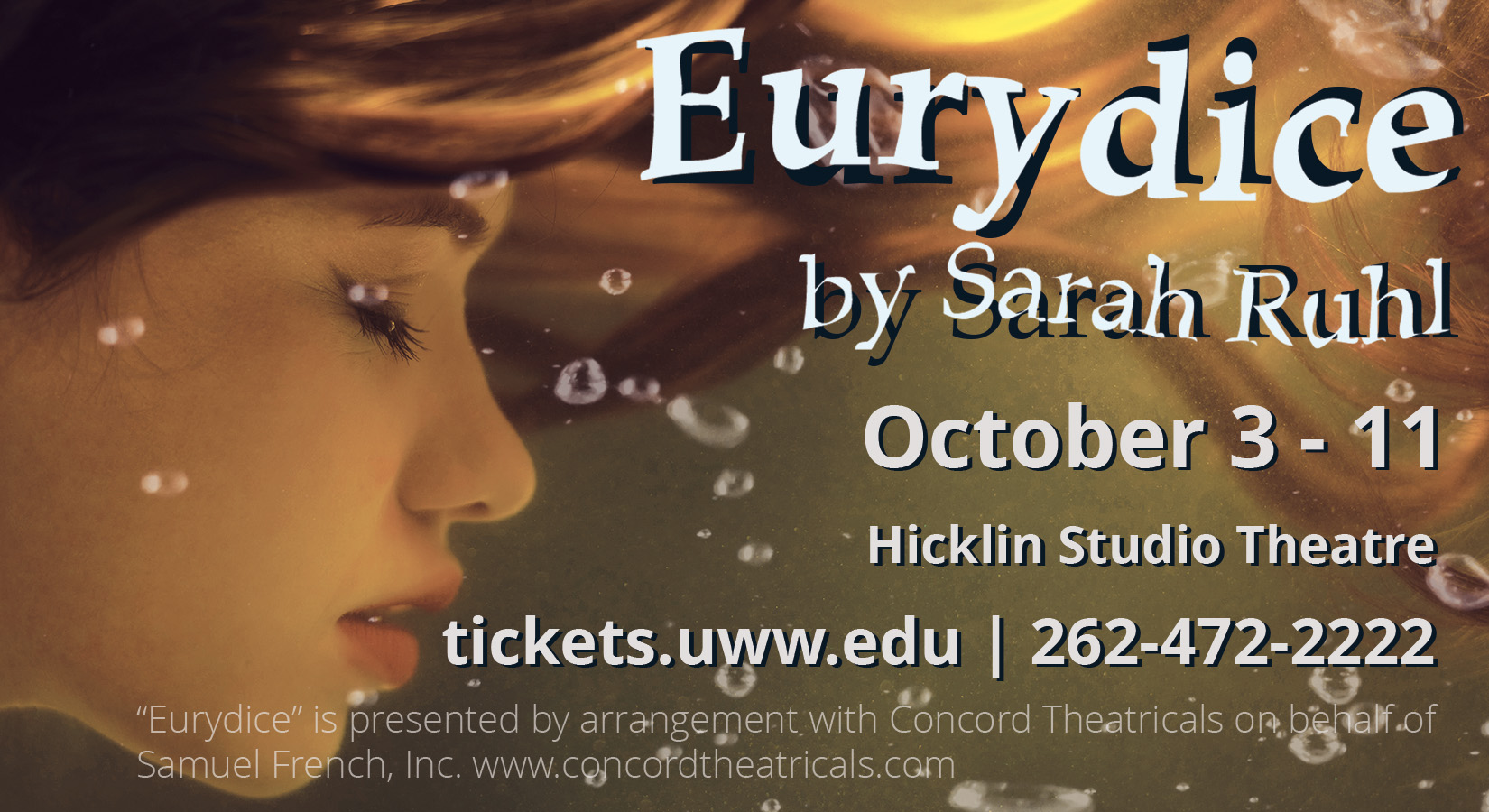Student media is not a form of fake news
February 15, 2017
For the past few months, the idea that fake news relates to anything that one doesn’t agree with has become a common insult among viewers and readers of news networks. Some have turned to directly attacking student news sources.
Student news can take on a variety of forms. These are often subject to attack because of errors or the false idea that students do not know what they are doing.
Student news is the first step before heading out into the journalism field. It is meant to be a way to learn from missteps and adapt into better reporters from them.
When people call student news fake news, it degrades the hours work that we put into each article. It is essentially calling students fake reporters and mocking their work that they put time and energy into.
Accusations of “fake news” originate partially because there is an assumption that reporters write what they believe, when instead, they report on what they see and hear from sources.
If you disagree with what is reported, that means that you might see a different side than the sources of the story or perhaps, have not actually made an attempt to educate yourself on all sides of the issue, with legitimate news sources.
Student news is created, edited and published by students. It is essential in the process of becoming a professional journalist.
USA Today said, “The campus newspaper may seem daunting to those without prior journalism experience, but it’s actually the perfect way to develop a balanced set of writing skills… College serves as a transition between the sheltered high school experience and the hectic real world. It gives you the opportunity to mature not only personally, but professionally. Knowing how a newspaper functions is vital for future journalists, but also for anyone looking for a way to take the metaphorical training wheels off of their career.”
In a journalism career, there are many opportunities to make missteps. The stress and pressure to be accurate and clear can be heavy, especially when figures of power take the initiative to spread the fear of “fake news” based on their own ignorance. Regardless of the pressure, students and professionals understand that it is essential to the democratic process to have a free and open press.
Missteps should not be pegged as fake news, but a learning opportunity. The idea of free press is based around the premise that, newspapers especially, are open forums for expression. We as student media encourage community engagement and hope to hear from readers when they believe there is something wrong.
The process of gathering news is often complicated and can be intensive, especially for students who are giving it their first try. But that does not mean that student media is fake, it means it is keeping its members to a high standard in order to reach a professional level.
It is always easier to criticize than to understand. We at the Royal Purple challenge you to ask us about our process, write letters to the editor and let us know when you think there is a serious issue we should be covering.














